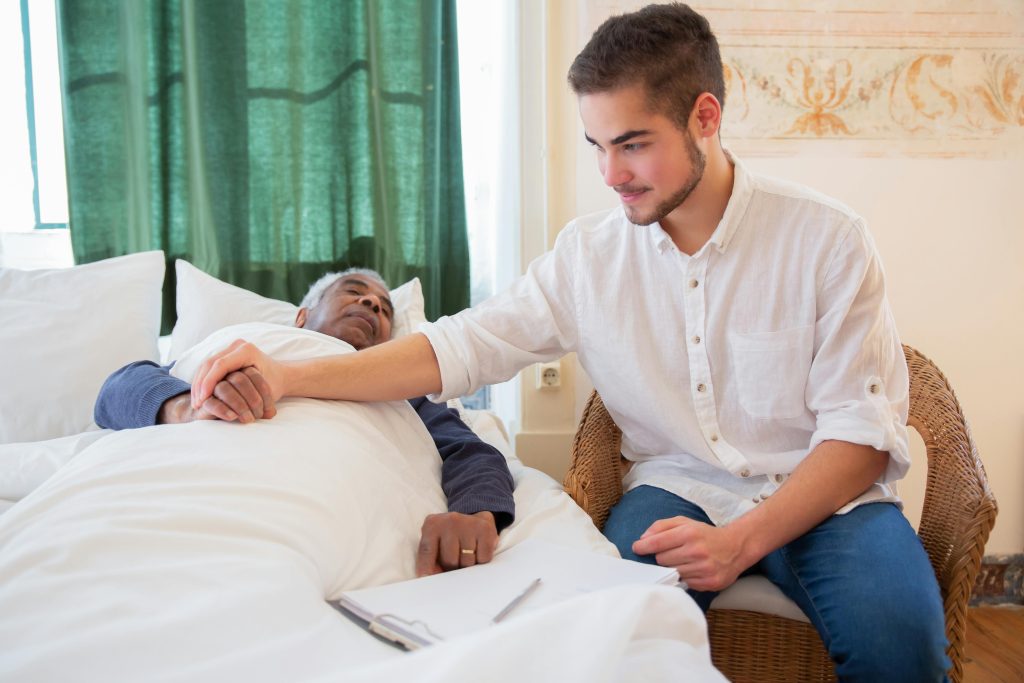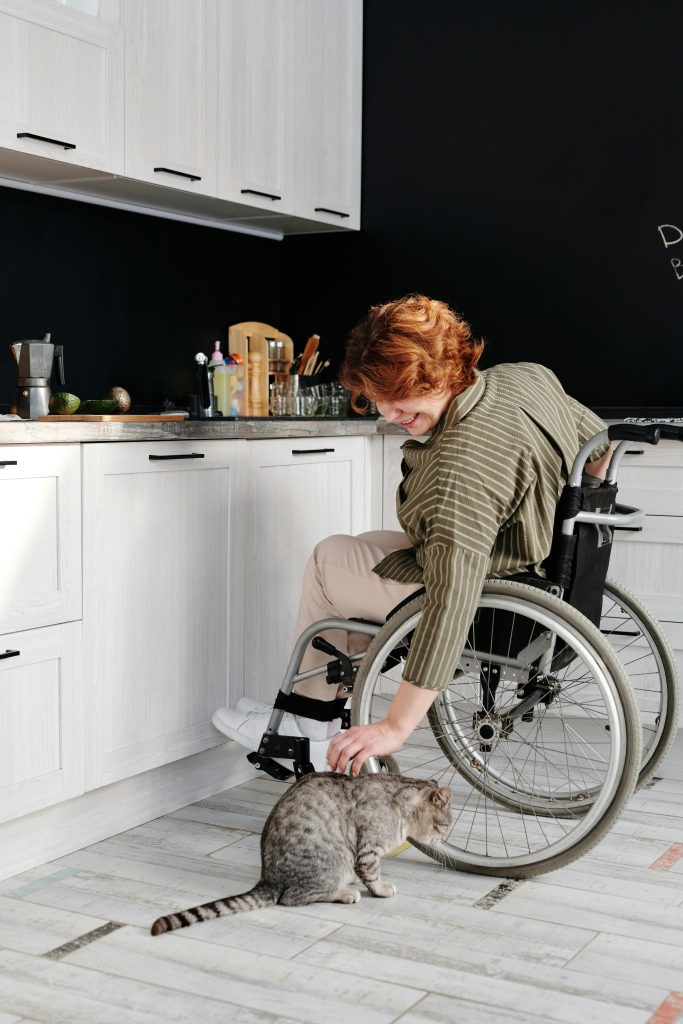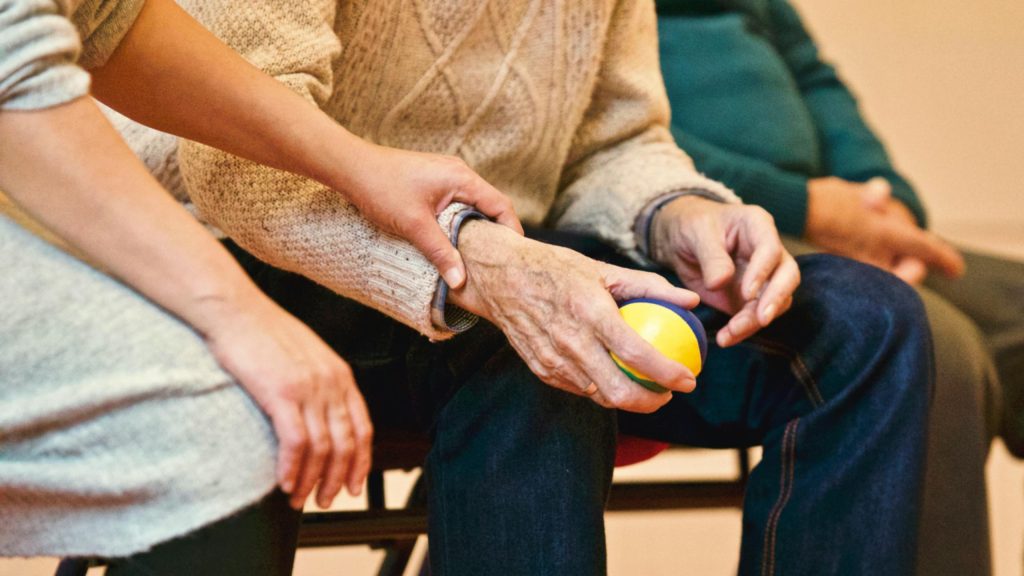Table of Contents
As loved ones age, ensuring their safety and comfort at home becomes increasingly important. Whether they choose to age in place or require some assistance with daily activities, implementing essential home care tips can significantly enhance their quality of life. From modifying the living space to promoting health and well-being, here’s how to create a safe and comfortable environment for seniors.

Assess and Modify the Living Space
The first step in senior home care is to assess the living space for potential hazards and make necessary modifications to promote safety and accessibility. Consider the following:
- Fall Prevention: Install grab bars and handrails in bathrooms and along staircases to provide support and stability. Remove tripping hazards such as loose rugs or electrical cords.
- Accessibility: Ensure that essential items are within easy reach. Consider rearranging kitchen cabinets and closets to minimize bending and stretching.
- Lighting: Improve lighting throughout the home, especially in hallways, stairwells, and entrances. Use nightlights in bedrooms and bathrooms to prevent falls during nighttime trips.
Ensure Medication Management
Proper medication management is crucial for seniors’ health and well-being. Create a system to organize and track medications, ensuring they are taken as prescribed:
- Medication Schedule: Use pill organizers or electronic reminders to keep track of medication schedules and dosages.
- Consultation: Regularly review medications with healthcare providers to prevent interactions or side effects.
Promote Physical Activity and Mobility
Encourage seniors to stay active to maintain strength, flexibility, and balance:
- Exercise Routine: Develop a personalized exercise routine that includes activities like walking, gentle stretching, or chair exercises suitable for their fitness level.
- Mobility Aids: Provide necessary mobility aids such as walkers or canes to support independent movement around the home and outdoors.

Foster Social Connections
Combat loneliness and isolation by fostering social connections:
- Community Engagement: Encourage participation in community activities, social clubs, or senior centers to stay connected with peers.
- Technology: Teach seniors to use technology like video calls to stay in touch with family and friends who may not live nearby.
Ensure Proper Nutrition and Hydration
Maintaining a balanced diet and staying hydrated are essential for overall health:
- Nutritious Meals: Plan and prepare meals that are nutritious and easy to chew and digest. Consider consulting a dietitian for personalized dietary advice.
- Hydration: Encourage drinking an adequate amount of water throughout the day. Keep a water bottle or glass within easy reach.
Monitor Mental and Emotional Well-Being
Support seniors’ mental health and emotional well-being:
- Routine: Establish a daily routine that provides structure and purpose, reducing stress and anxiety.
- Activities: Engage in activities that stimulate cognitive function, such as puzzles, reading, or hobbies they enjoy.
Regular Health Monitoring
Stay proactive about seniors’ health by scheduling regular check-ups and monitoring:
- Health Check-ups: Schedule routine visits to healthcare providers for preventive care and management of chronic conditions.
- Vital Signs: Monitor vital signs such as blood pressure and weight regularly to detect any changes or concerns.
Prepare for Emergencies
Plan and prepare for emergencies to ensure seniors’ safety and well-being:
- Emergency Contacts: Keep a list of emergency contacts, including healthcare providers, family members, and neighbors.
- Emergency Plan: Develop and rehearse an emergency plan that includes evacuation routes, emergency supplies, and instructions for caregivers or responders.

Seek Professional Support
Consider professional home care services if additional assistance is needed:
- Home Care Providers: Explore options for home care services that can provide assistance with daily activities, medication reminders, and companionship.
- Respite Care: Arrange for respite care to give primary caregivers a break while ensuring seniors’ needs are met.
Conclusion
Creating a safe and comfortable environment for seniors involves careful planning, modifications, and ongoing support. By assessing and modifying the living space, ensuring proper medication management, promoting physical activity and mobility, fostering social connections, and addressing nutritional needs, caregivers can enhance seniors’ quality of life and independence. Monitoring mental and emotional well-being, scheduling regular health check-ups, preparing for emergencies, and considering professional home care services when necessary further contribute to seniors’ overall well-being and safety at home. With these essential home care tips, caregivers can provide the support and care seniors need to age gracefully in their own homes.